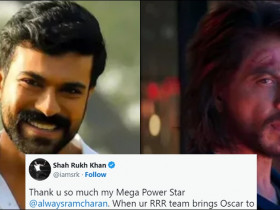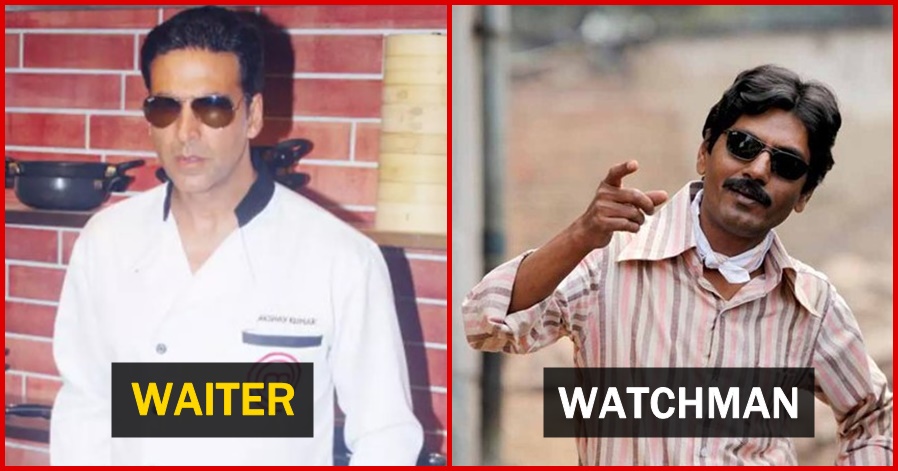No products in the cart.
55-yr-old Salman Khan says we won’t hand over stardom to next generation: Mehnat karo
India’s extensively wanted actor, producer, singer, and television host, Salman Khan has been enormously loved in the industry for three decades now. His acting, his confidence, his personality has made him into the top-paid 100 celebrity entertainers in the world.
Not only his acting, but his charity has also made him a star in the eyes of his audience. He is often in the spotlight for his generous heart and expensive gifts to his co-actors and friends. Salman Khan is often praised as one of the most powerful personalities in the Bollywood industry.
During a media interaction ahead of his next film Antim, the Bollywood actor played down on the theory that the start of OTT signals the end of the era of superstars. Meanwhile, Salman Khan laughed at the idea saying: “We will go, somebody else will come up. I don’t think that era of stars will go. It will never go. It will always be there.

“It now depends on a lot of things, selection of movies, what you are in real life, and more. It’s a whole package of things. This younger generation will have their superstardom. I have been hearing this for the last four generations, ‘ki yeh last generation hain (this is the last generation of stars).”
The actor said he is mood to hand over the title to the next generation. “We will not leave it for the younger generation to take it easy. We will not hand it over to them. ‘Mehnat karo bhai, pachas plus me mehnat kar hi rahe hain, toh aap bhi mehnat karo (work hard, we are working hard at the age of 50+, you should also work hard),” Salman said.
The actor went on to talk about the film directed by Mahesh Manjrekar and how the character is not a “typical Bhai” type. Salman Khan had accepted that Mahesh stripped off his superstardom to a considerable extent.
“Yes, he did that because you couldn’t make this character like Dabangg. If I wanted to do that, I would have made Dabangg 4. This character has a seriousness that is similar to my character in Garv and he has also got a lot of nobility. He is very Hindustani.
“He is rugged and not shouting or yelling. He is focused on what he wants to do. He will take orders and get humiliated, but will do what he wants to at the right time. He will show his emotions but will also sacrifice someone for what is right. In the Marathi film the cop had only four or five scenes. I didn’t want to remake Mulshi Pattern. So, like I said, I just took the plot and made a different film.”








